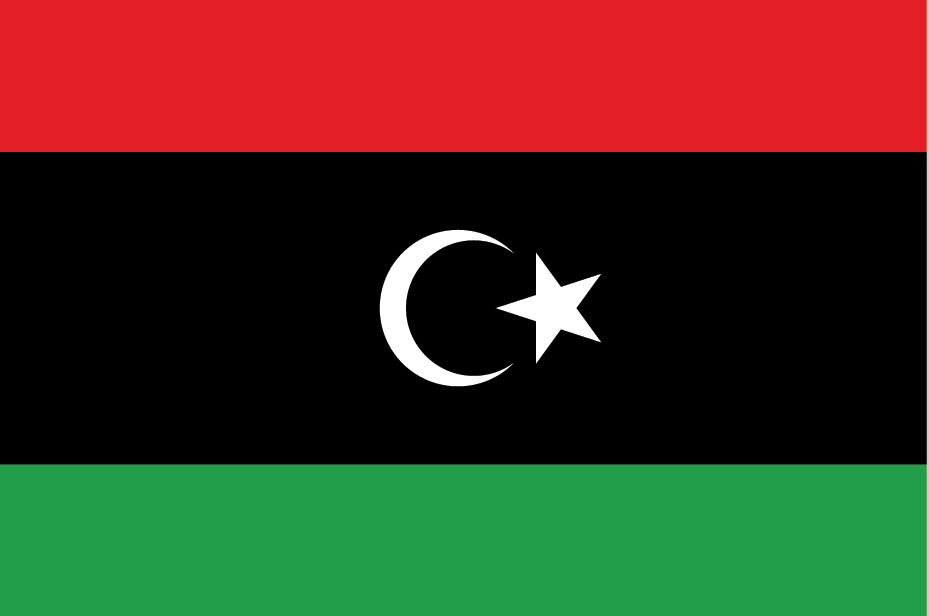
Sustainability Efforts
Country: Libya
Explore sustainability efforts in Libya. The United States Environmental Protection Agency (“EPA”) said it well when they state:
“Sustainability is based on a simple principle: Everything that we need for our survival and well-being depends, either directly or indirectly, on our natural environment. To pursue sustainability is to create and maintain the conditions under which humans and nature can exist in productive harmony to support present and future generations.”
About Libya
Libya, a North African country, is known for its rich historical heritage, ancient ruins, and vast desert landscapes. It offers attractions like the UNESCO World Heritage site of Leptis Magna, the Sahara Desert, and the Roman city of Sabratha. Libya’s natural beauty includes pristine Mediterranean beaches, dramatic sand dunes, and expansive desert oases, providing opportunities for beach activities, desert safaris, and star gazing. The country’s cultural traditions are showcased through traditional music, dance, and handicrafts. Libyan cuisine features dishes like couscous and bazeen. With its fascinating history, natural wonders, and unique cultural experiences, Libya offers an adventurous destination for travelers interested in exploring ancient civilizations and the beauty of the desert. Sustainability efforts in Libya will enhance the country’s future.
Sustainability Efforts
Toggle each button below to “open” and “close” the presented data.

In Libya, efforts are being made to combat poverty and improve the overall socio-economic conditions. While specific statistics may not be available, various initiatives have been undertaken to address this issue. These include implementing social protection programs, enhancing job creation opportunities, and supporting microfinance initiatives to empower vulnerable communities.

Combating hunger in Libya involves multiple strategies, including agricultural development, food security programs, and humanitarian assistance. The government, in collaboration with international organizations, focuses on improving agricultural productivity, supporting small-scale farmers, and implementing policies that ensure food availability and accessibility. Unfortunately, specific statistics regarding hunger rates in Libya are not readily available.

In Libya, significant efforts are being made to improve healthcare services and access for its citizens. The government is working towards strengthening the healthcare infrastructure, enhancing medical facilities, and expanding the coverage of healthcare services across the country. However, due to the complex situation in Libya, reliable statistics on healthcare indicators are challenging to obtain.

Education is a priority in Libya, and measures have been taken to enhance the quality and accessibility of education. The government is investing in the construction and renovation of schools, training teachers, and improving curriculum standards. Additionally, efforts are underway to ensure access to education for marginalized groups, promote literacy, and enhance vocational training opportunities.

Promoting gender equality in Libya remains a significant challenge due to various socio-cultural factors. However, initiatives are being implemented to address gender disparities. Efforts include increasing women's participation in decision-making processes, promoting women's economic empowerment, and improving access to education and healthcare services for women and girls.

Ensuring access to clean water and sanitation services is a priority in Libya. The government, in partnership with international organizations, is working to rehabilitate and expand water infrastructure, improve water quality, and increase access to safe drinking water and sanitation facilities.

Libya, being a country rich in natural resources, has the potential to develop clean and affordable energy sources. While specific statistics may be limited, efforts are being made to invest in renewable energy projects, such as solar and wind power. These initiatives aim to reduce reliance on fossil fuels and promote sustainable and affordable energy options.

Libya is actively seeking to stimulate economic growth by diversifying its economy and attracting investments. The government is focusing on sectors such as tourism, infrastructure development, and manufacturing to create job opportunities and foster economic development. Despite challenges due to the country's political situation, efforts are being made to promote sustainable economic growth.

To encourage industry innovation, Libya is fostering an environment conducive to entrepreneurship and technological advancement. The government is implementing policies to promote research and development, facilitate access to funding and resources for startups, and support collaboration between academia and industry.

Addressing inequalities in Libya is a complex task. Efforts are being made to promote social inclusion, provide equal opportunities, and reduce disparities in income and wealth distribution. Measures include implementing social protection programs, promoting fair labor practices, and enhancing access to basic services for marginalized communities.

Libya recognizes the importance of sustainable urban development. Efforts are underway to improve urban planning, infrastructure, and transportation systems to create livable and environmentally-friendly cities. Specific statistics on sustainable cities in Libya are not readily available, but initiatives aim to enhance energy efficiency, waste management, and promote green spaces.

Promoting responsible consumption and production practices is a crucial aspect of sustainable development in Libya. The government, in collaboration with relevant stakeholders, is working towards raising awareness about sustainable consumption, improving waste management systems, and implementing policies to encourage responsible production practices.

Addressing climate change is a global priority, and Libya is taking steps to contribute to climate action efforts. The country is working towards reducing greenhouse gas emissions, promoting renewable energy sources, and adopting sustainable practices in various sectors.

The aquatic environment in Libya, including its coastal areas and marine ecosystems, is of significant importance. Efforts are being made to protect and preserve marine biodiversity, combat pollution, and promote sustainable fishing practices.

Libya is committed to conserving its natural environment and biodiversity. Efforts include establishing protected areas, implementing wildlife conservation programs, and promoting sustainable land management practices.

In light of Libya's complex political situation, establishing and strengthening peace and justice institutions is crucial for stability and development. Efforts are being made to promote rule of law, enhance the capacity of judicial systems, and foster reconciliation and conflict resolution processes.

Achieving sustainable development requires strong partnerships and collaboration between various stakeholders. Libya is actively engaged in fostering partnerships with international organizations, neighboring countries, and the private sector. These partnerships aim to mobilize resources, share knowledge and expertise, and work together towards achieving the Sustainable Development Goals.



